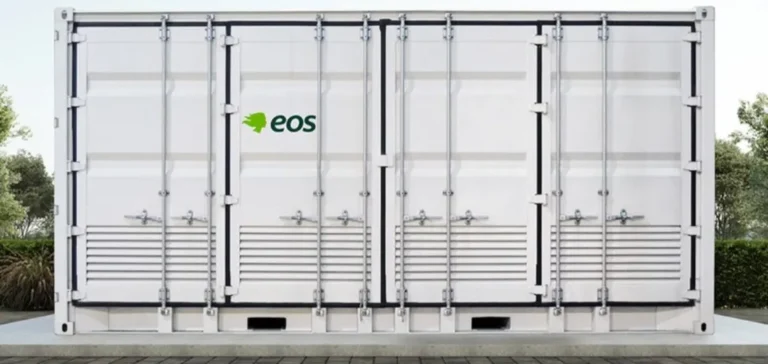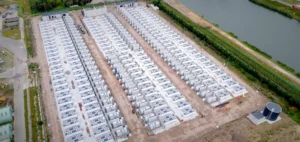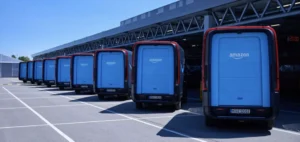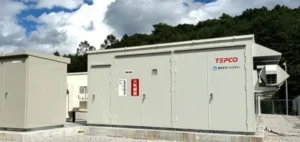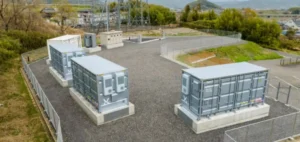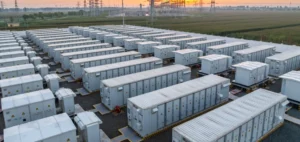American company Eos Energy Enterprises has unveiled DawnOS, a new software platform fully developed in the United States, designed to operate its zinc-based energy storage systems. Integrated into the company’s future installations, this solution aims to enhance operational performance, grid reliability, and industrial-scale energy management.
A solution designed for Eos architecture
Specifically engineered for the proprietary technology of Eos Z3 batteries, DawnOS provides advanced distributed control down to the individual module level. The system enables automatic balancing of battery modules and strings, reducing maintenance interventions and increasing system availability. It is offered as a core component of the company’s turnkey solutions.
The platform is based on State of Charge (SoC), State of Health (SoH), and State of Energy (SoE) algorithms to deliver accurate estimates of available capacity, detect internal imbalances, and optimise grid integration. These features are aimed at improving energy yields and reinforcing coordination with grid operators.
Cybersecurity and sovereign infrastructure
Eos Energy highlights DawnOS’s domestic development, free from foreign code or external cloud services. The solution is entirely hosted on U.S. infrastructure, addressing rising cybersecurity and resilience requirements for critical systems.
Initial installations featuring DawnOS are already underway in the company’s new projects. Backward compatibility is also planned to integrate the platform into selected existing sites. This approach aims to extend asset lifespan while increasing profitability.
A tool built on field experience
According to company executives, the development of DawnOS was guided by customer feedback facing increasingly complex energy environments. The software enables real-time performance monitoring, faster decision-making, and reduced operational costs for operators.
Eos Energy continues its strategic shift from a battery manufacturer to an integrated energy storage solutions provider. The company plans to gradually deploy DawnOS in its national projects and eventually across larger-scale installations.


